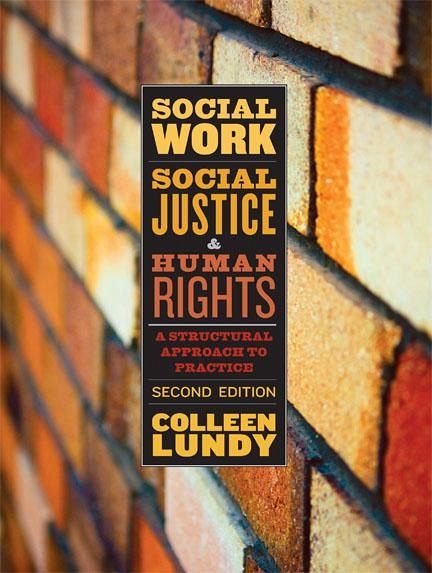
Social Work, Social Justice, and Human Rights
A Structural Approach to Practice, Second Edition
Versandkostenfrei!
Versandfertig in über 4 Wochen
51,99 €
inkl. MwSt.

PAYBACK Punkte
26 °P sammeln!
The second edition of this popular social work practice text more fully addresses the connection between social justice and human rights.


